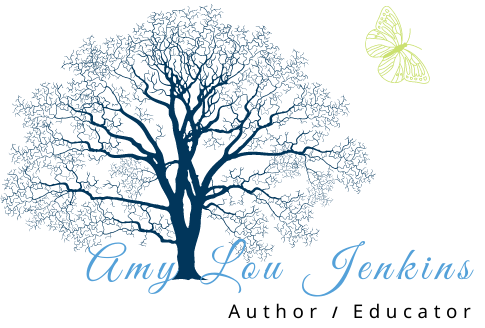
Your Theme and Topic, Related but Different
Theme or Topic? The Difference with Examples
It's common to mix up themes with topics, but they have distinct differences.
Themes are broad and often universal, shedding light on fundamental human experiences and concepts. They resonate across various situations and moments, providing a deeper meaning.
Topics, conversely, are specific and concrete, focusing on particular events or issues. The theme represents the WHY behind your story, while the topic is the WHAT you are writing about.
For instance, consider the theme of resilience. A relevant topic might be overcoming getting fired after you had moved to a new city to take the job.
Another example: the theme could be friendship, and the topic explores an incident where you saw someone on the street and couldn’t place who they were. Hours later, you remembered. That person had been the friend you kept in reserve in childhood. You only spent time with this person when your more favored friends were not available.
Examples from Classic Literature
 "The Grapes of Wrath" by John Steinbeck
"The Grapes of Wrath" by John Steinbeck
Themes: Displacement, struggle for survival, solidarity, and social injustice.
Topics: The Joad family's journey from the Dust Bowl to California during the Great Depression and their fight against poverty and exploitation.
"Lord of the Flies" by William Golding

Themes: Civilization vs. savagery, loss of innocence, and the inherent evil in humanity.
Topics: The boys' attempt to govern themselves on a deserted island, the descent into chaos, and the struggle between Ralph and Jack for leadership.
 "Beloved" by Toni Morrison
"Beloved" by Toni Morrison
Themes: Slavery, motherhood, memory and trauma, and the search for identity.
Topics: Sethe’s escape from slavery, her life in Cincinnati, and the haunting presence of Beloved, a manifestation of her past.
These classic books not only stand out for their creative storytelling but also provide rich explorations of various themes and topics, making them enduring aspects of English literature.











1 thought on “ThemeOrTopic”